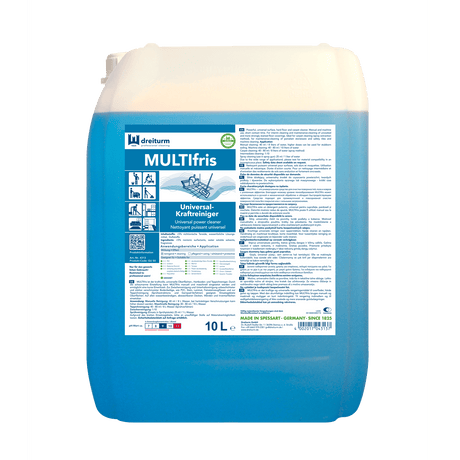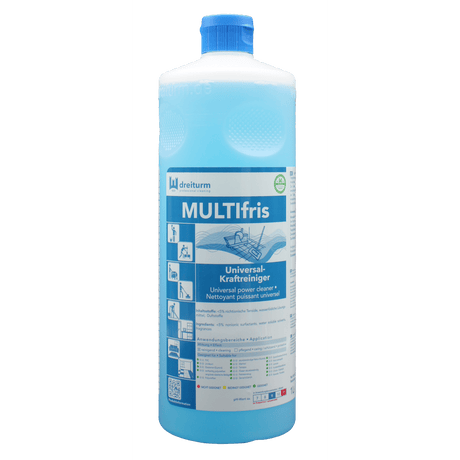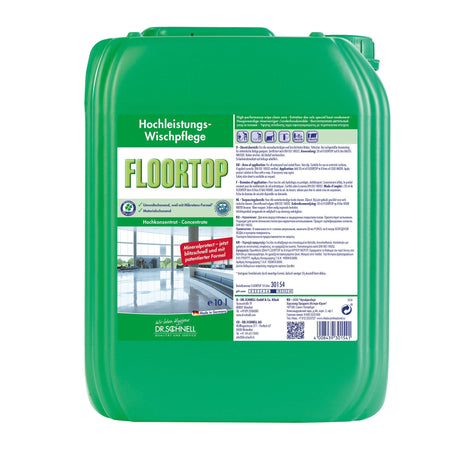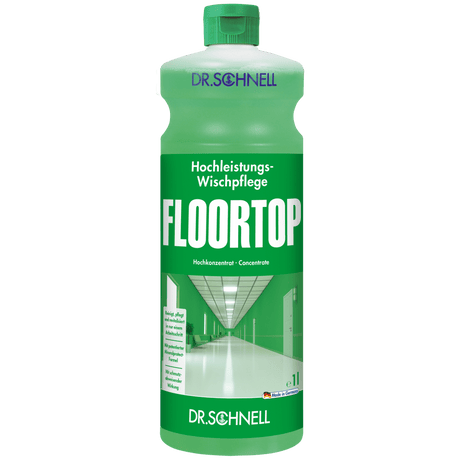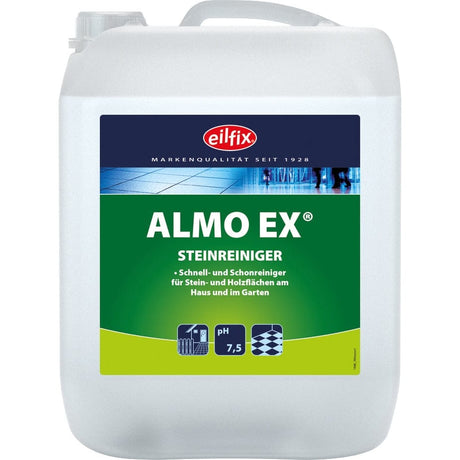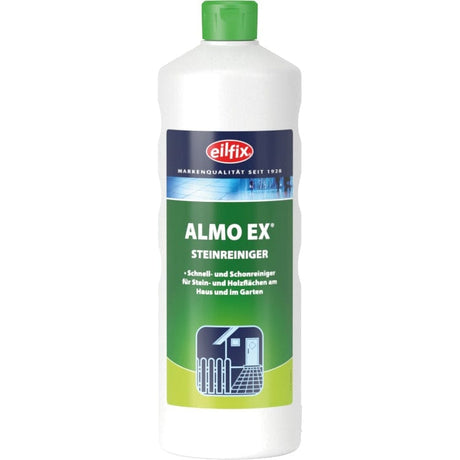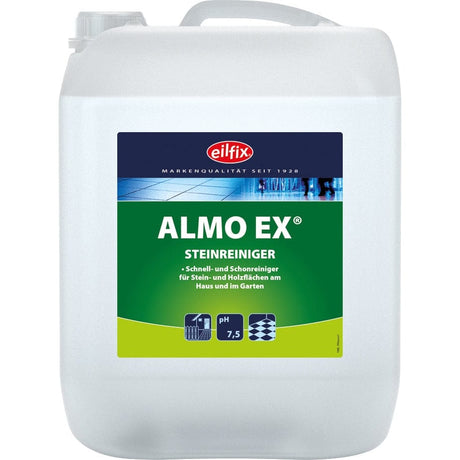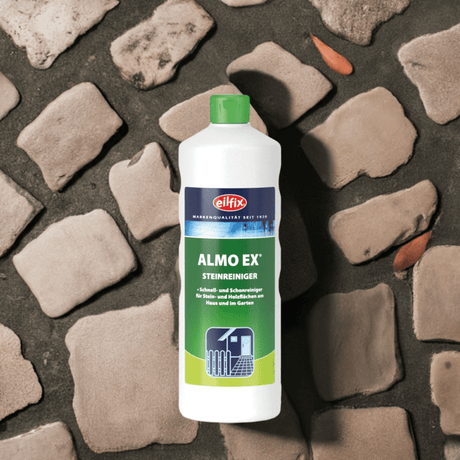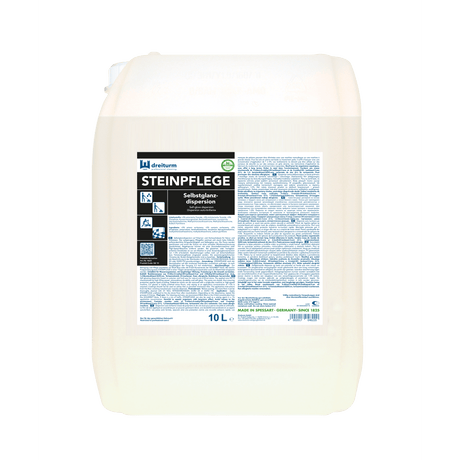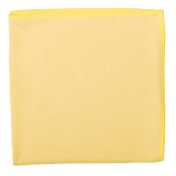laminate / wood
When cleaning laminate floors, it is especially important that they are not damaged and that the factory coating is not removed, as this could allow water to get into the wood, causing it to swell.
We therefore always recommend cleaning with a damp cloth - i.e. with little water.
tiles
With tiles, you have to remember that they are microporous. It may seem as though they cannot absorb water, but that is not the case. Porcelain stoneware, for example, has a water absorption of less than 0.5% - which of course also means that dirt is absorbed accordingly. It is therefore important to ensure that the cleaner penetrates the pores and dissolves the dirt.
Marble
As beautiful as a marble floor is, cleaning it can quickly become a nightmare. Marble floors are very sensitive and can quickly become damaged if used incorrectly.
In any case, avoid: acids, alkalis, abrasives, scouring pads.
Therefore, only use products from our shop that are specifically recommended for cleaning marble.
PVC
PVC floors are becoming increasingly popular. However, there are a few important care tips that must be followed for this floor. PVC floors are coated at the factory and care should be taken to ensure that this coating is retained for as long as possible. Otherwise, a complete basic cleaning and recoating is required. Daily sweeping of the floor is often necessary because PVC floors are very soft and sandy or stony dirt can quickly damage the surface. We recommend using a cleaning product to clean PVC floors.
Carpet
Generally, when you think of cleaning carpets, you first think of a vacuum cleaner. Vacuuming is an important part of carpet cleaning, but to really remove all dirt, you need to clean thoroughly, including with chemicals. The fibers of the carpet absorb water and thus dirt that cannot be removed with a vacuum cleaner.
linoleum
Linoleum is a very resilient floor covering. But it also requires appropriate care and, above all, correct cleaning. Above all, you should make sure that the cleaner does not have a pH value above 9, because linoleum is not alkali-resistant. Also avoid strong mechanical stress, as this can damage the relatively soft floor.
Linoleum has a protective layer that wears off after a certain amount of time. Therefore, over time, it will need to be thoroughly cleaned and re-coated.
To prevent this, we recommend using a cleaning product that tries to preserve the floor coating for as long as possible.
Stone
When cleaning natural and artificial stone, we recommend using a neutral cleaning agent that contains as few ingredients as possible that are harmful to the floor. In any case, avoid using acidic products.
cork
Generally, only clean cork floors with a damp cloth (a little water). Cork is a natural material and relatively sensitive to moisture. Using too much water can cause it to swell, which will damage the floor. Strong chemicals can also destroy the floor and its coating. A neutral cleaner is therefore recommended.



































